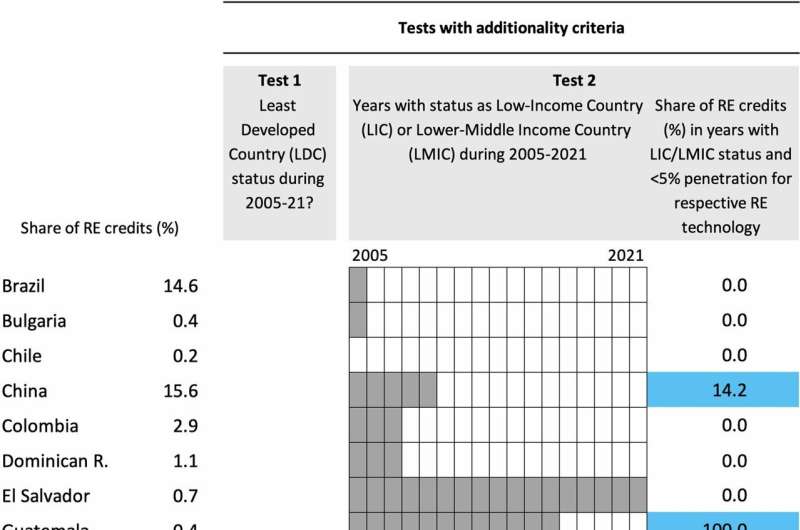
Recent research reveals that claims of carbon reduction or carbon neutrality by major corporations may not be as solid as they seem. A study published in Nature Communications by Kyoto University researchers indicates that the top 20 companies purchasing the most carbon offsets from the voluntary carbon market (VCM) over the past four years have primarily used low-quality, inexpensive credits. This group includes major players from the oil, airline, automotive, and logistics industries.
Lead author Gregory Trencher from Kyoto University's Graduate School of Global Environmental Studies notes, "Many projects providing carbon credits on the VCM are of poor quality and do not deliver the emissions reductions they claim." These companies together account for over 20% of all offsets retired globally.
The study utilized a unique dataset that tracks offset retirements from 2020 to 2023, covering the three largest offset registries: Verra's Verified Carbon Standard, the UN Clean Development Mechanism, and Gold Standard. The research, conducted in collaboration with EPFL in Switzerland and the University of Hamburg, found that none of the 20 companies could demonstrate that a significant portion of their retired offsets met high-quality standards. The majority of these companies chose cheaper offsets, often from projects that were initiated more than a decade ago. This suggests that their spending on offsets has not significantly contributed to new climate mitigation efforts.
Trencher explains, "The issues with offset quality arise not only from the supply side but also from the demand side, particularly due to the purchasing decisions of these companies."
These findings are troubling, especially since nearly all of the companies in the study have set net-zero climate targets and promote themselves as climate neutral. This situation supports concerns that many firms might be engaging in greenwashing.
Trencher concludes, "Current offsetting practices in the VCM cannot replace the need for strong government policies that enforce actual changes in energy technologies, supply chains, and business models of major emitters."

:max_bytes(150000):strip_icc():format(webp)/alec-baldwin-torino-film-festival-121824-3cf7cfbe5c4f4bcbb9197de4de062ea6.jpg?strip=all&resize=370,370)
:max_bytes(150000):strip_icc():format(webp)/Jimmy-Fallon-and-Prince-Harry-092624-baa1362d743d4f39a7d60bf57eb6e8b2.jpg?strip=all&resize=370,370)
:max_bytes(150000):strip_icc():format(webp)/randy-moss-121324-40b858c71b0f40bfa399e2fe00152b2a.jpg?strip=all&resize=370,370)
:max_bytes(150000):strip_icc():format(webp)/scandal-kerry-washington-121824-c51a2b5f0ef741268474bec2498c285a.jpg?strip=all&resize=370,370)
